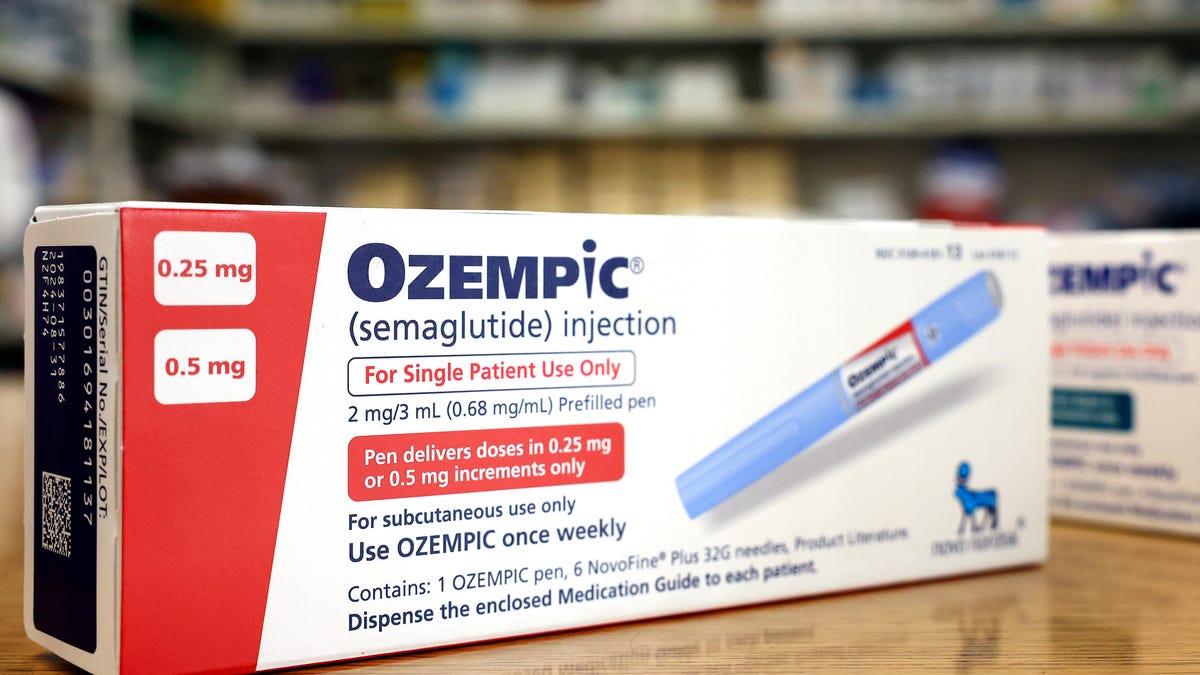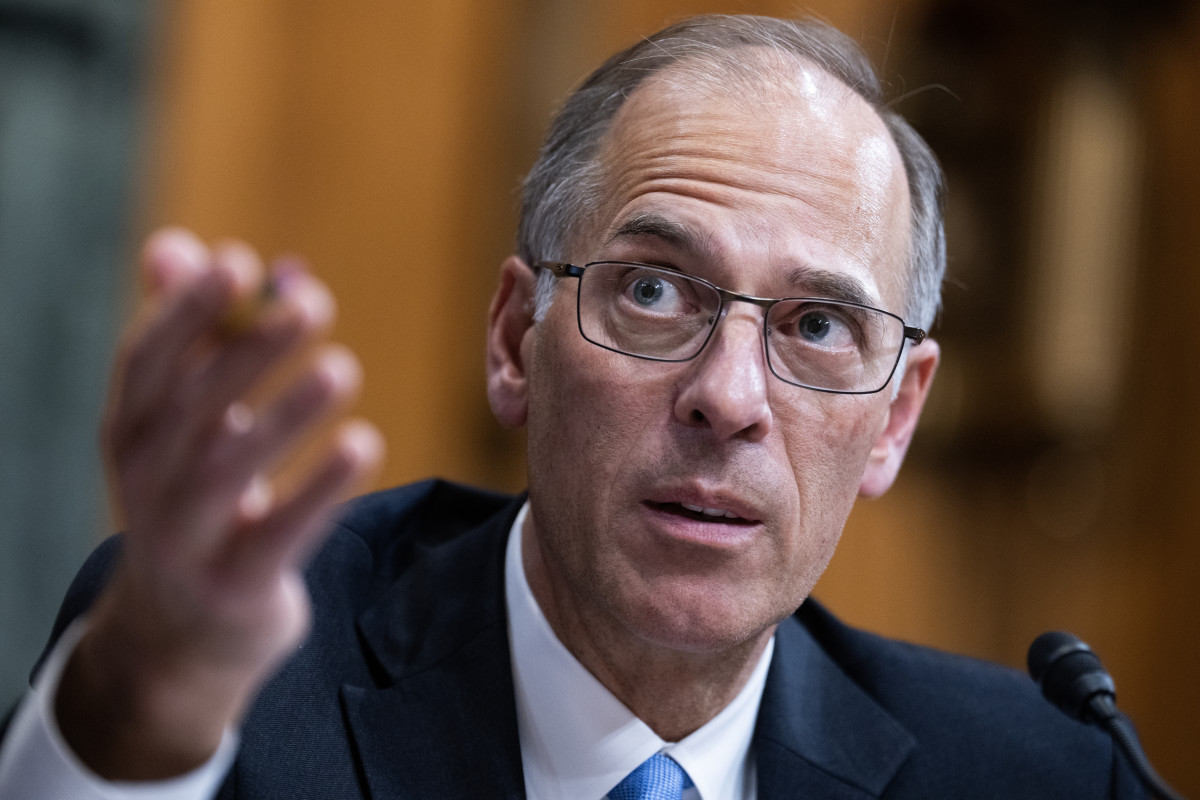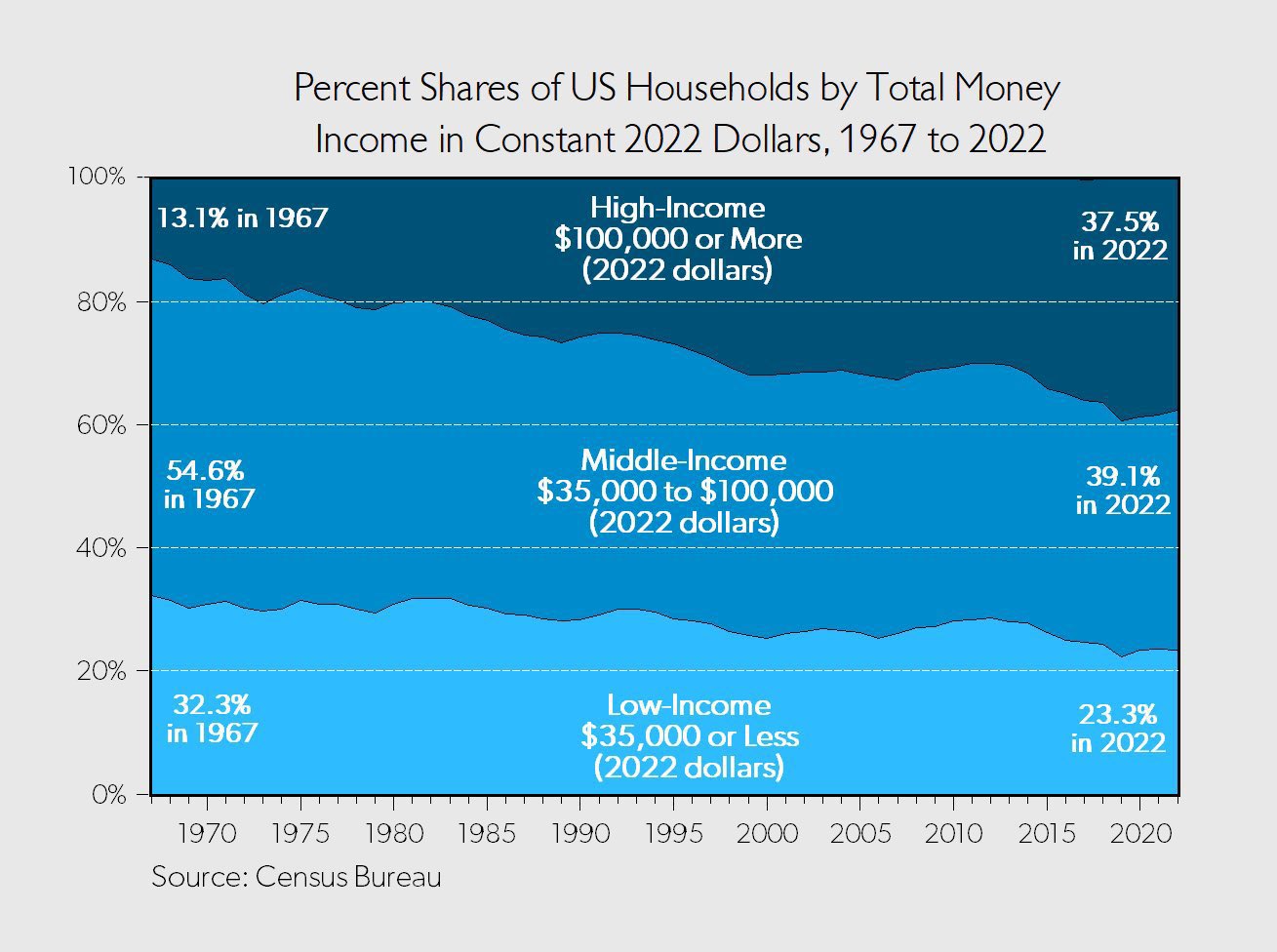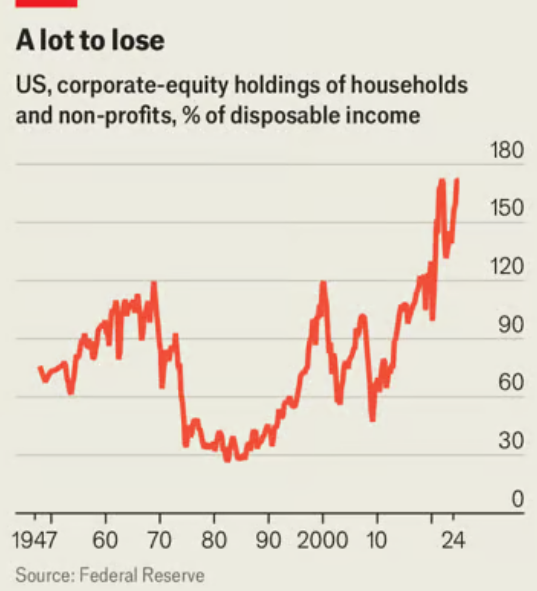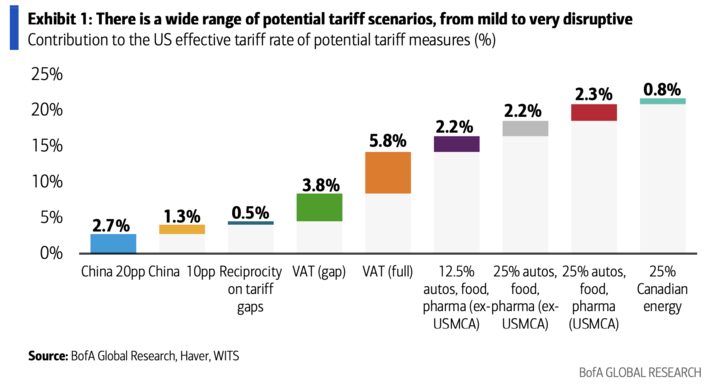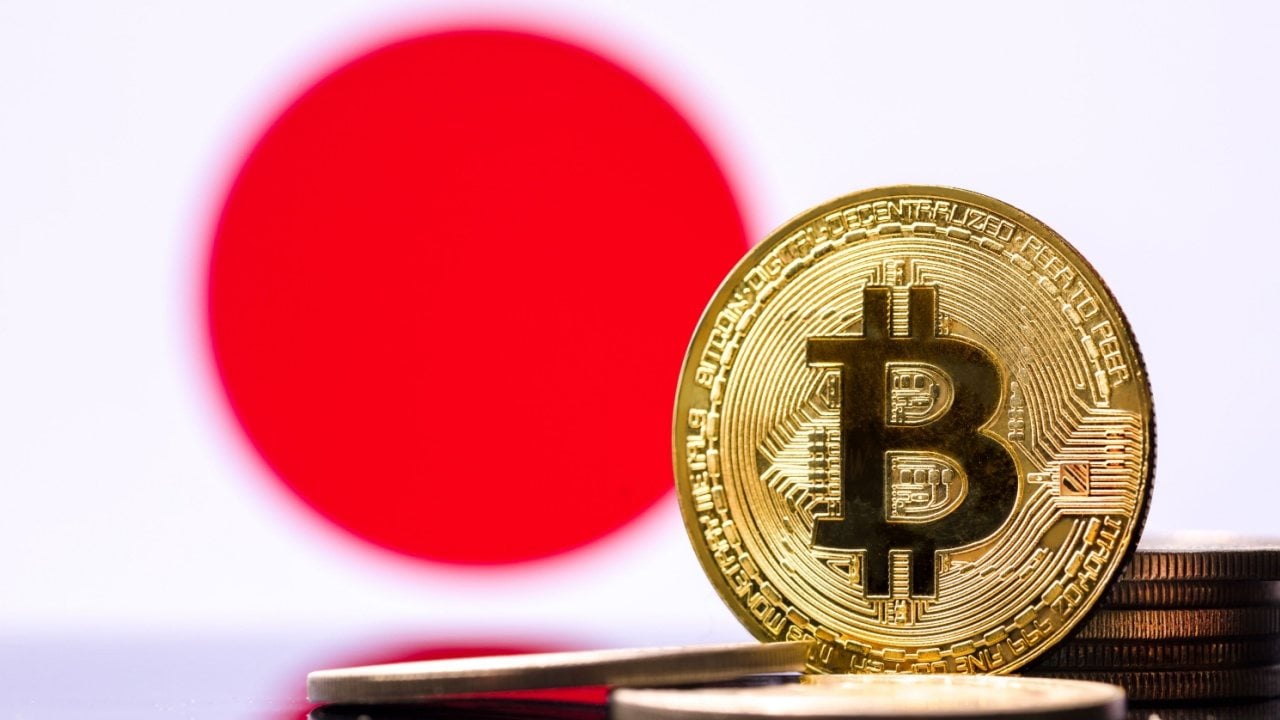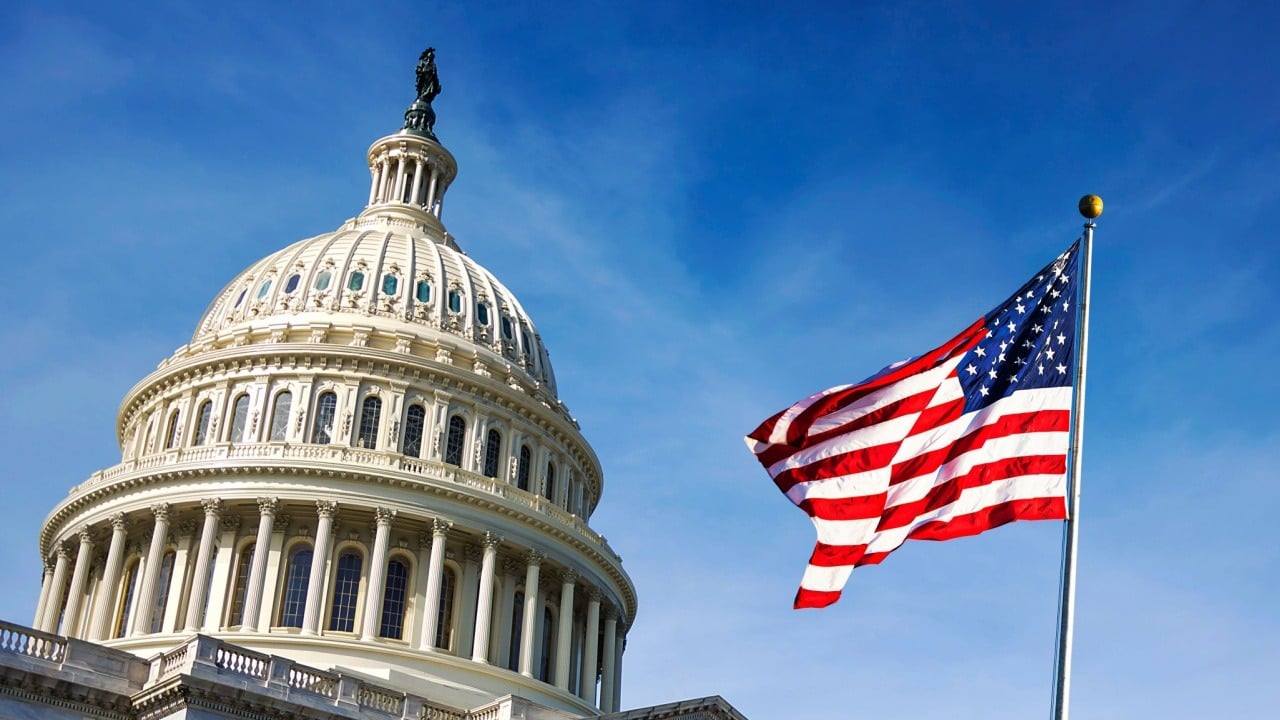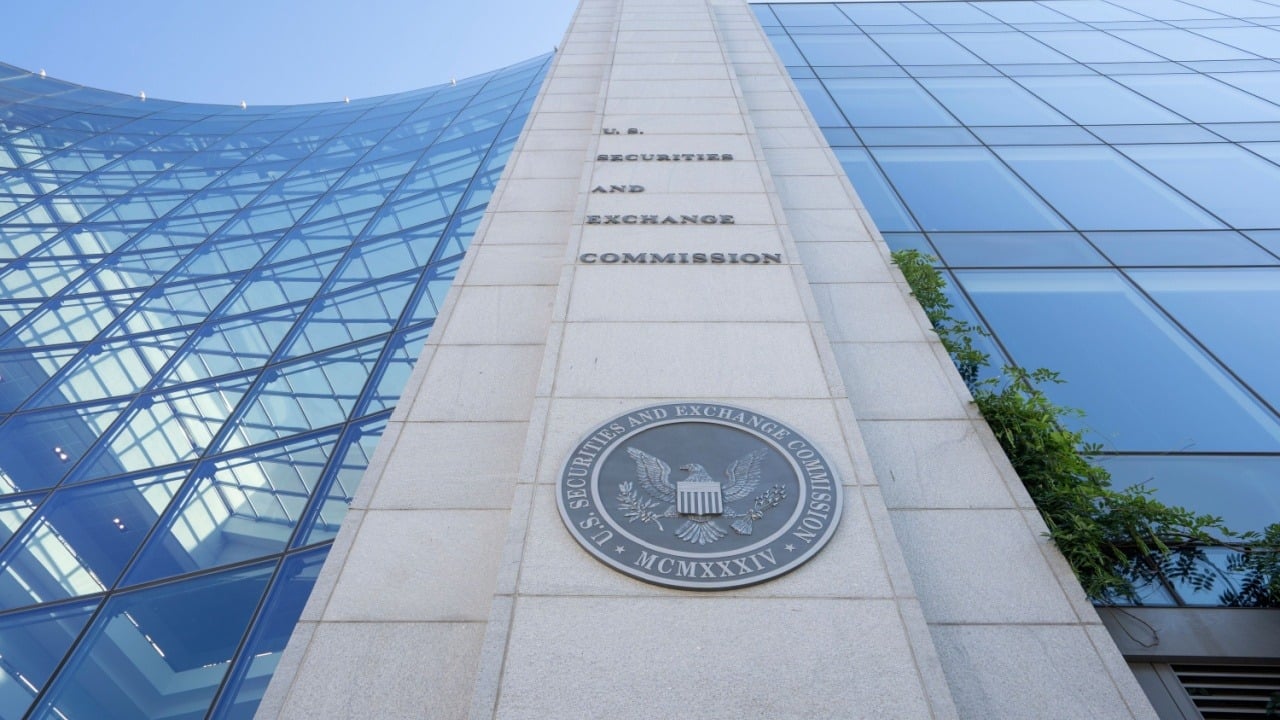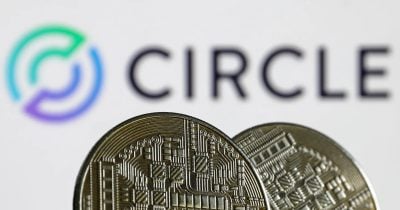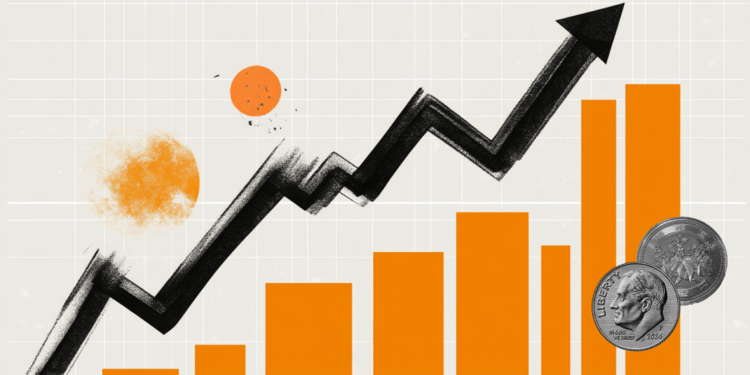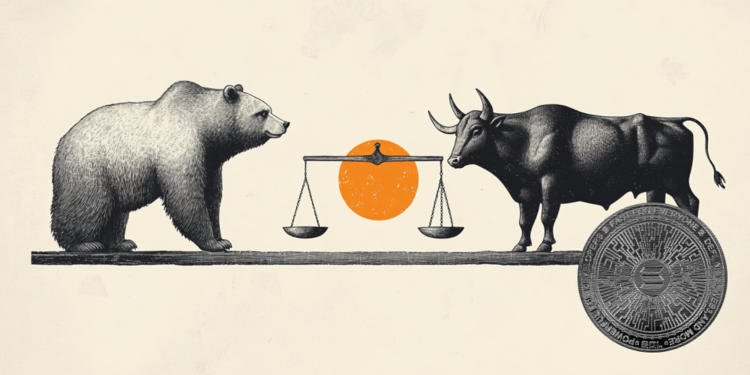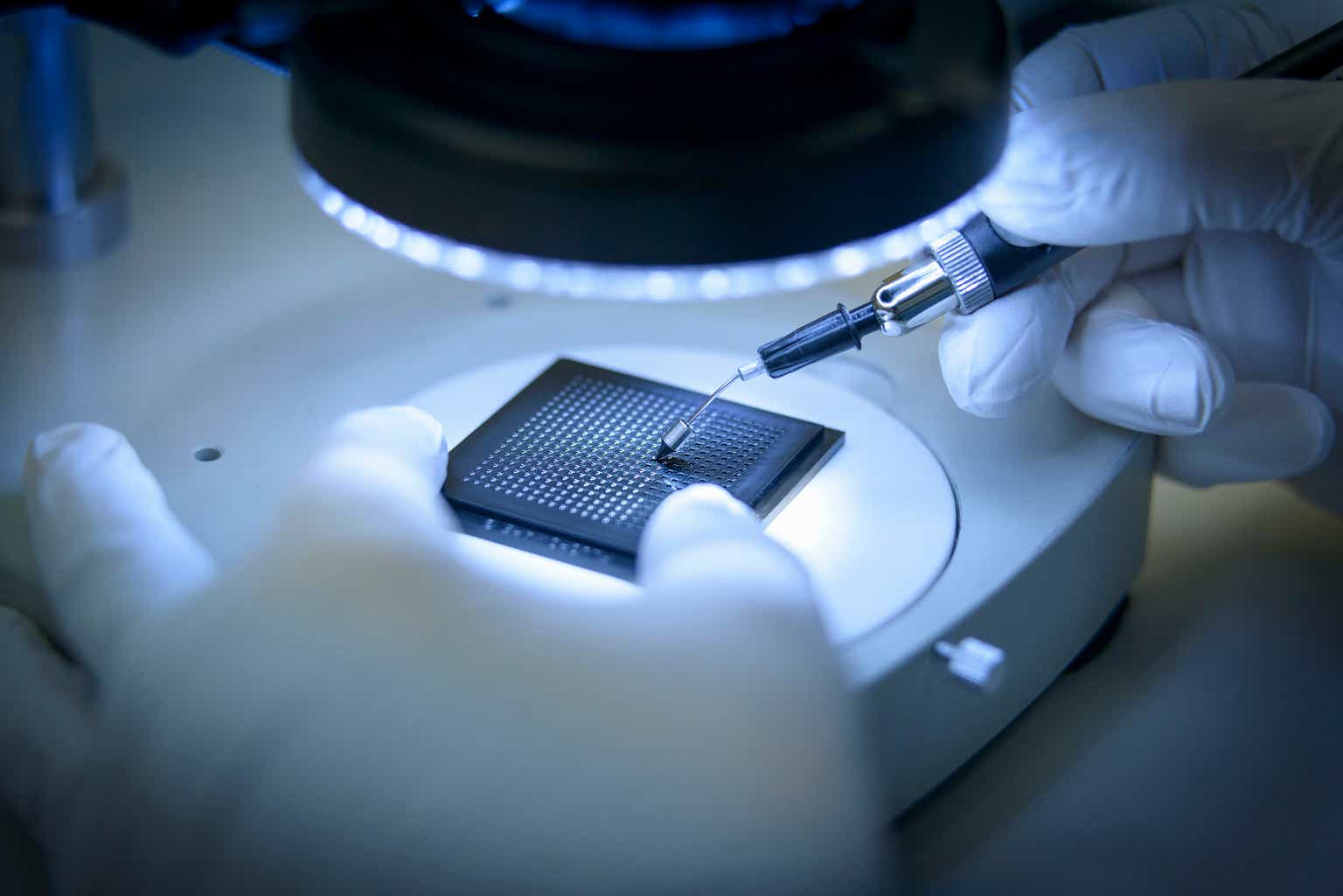This controversial diet may hold a key for reversing biological aging
A new small study finds that certain nutritional choices may be a way to keep biological age low and even reverse it.

Your age in years is one thing. But your body’s epigenetic, or biological, age—based on the true age of cells, tissues, and organ systems as dictated by lifestyle and genetics—is another, and keeping it low is the key to healthy aging and a longer lifespan. A new small study finds that certain nutritional choices may be a way to keep biological age low and even reverse it.
Specifically, found the researchers in Spain, following a very low calorie ketogenic diet (VLCKD) could be the answer.
The keto diet, popular for weight loss, dictates consuming a reduced amount of carbs—typically under 50 grams daily—to put one’s body into a state of what’s called metabolic ketosis to shed fat more quickly. It’s controversial, since it involves food group restriction, and also may be risky, as there is some evidence it could cause LDL (bad) cholesterol to rise.
Still, it appeared to have a positive effect on epigenetic age in this study of 54 people—10 with obesity who followed a very low calorie keto diet for six months, 20 of "normal" weight, and 24 with obesity. People in the "normal" weight group had a biological age that was on average 3.1 years lower than their actual age, while the people with obesity who were not on the keto diet had a biological age that was an average of 4.4 years greater than their age in years.
For the group on the keto diet, researchers, analyzing an extraction of DNA, found they wound up with an epigenetic age that was 6.2 years younger than their actual age. They also saw improvements in glucose and insulin levels.
What the study showed about the keto diet
“Notably, this is the first study to highlight a possible relationship between adherence to a VLCKD and the reversal of biological aging in patients with obesity,” notes the study. “Taken together, our study underscores the potential of nutritional strategies like VLCKD to counteract the impact of obesity on epigenetic aging.”
Further, they add, a significant lowering of estimated biological age in patients with obesity has not been observed in other body weight loss interventions—specifically, after bariatric surgery.
The researchers suspect that being in nutritional ketosis was responsible for the decelerated aging, noting that levels of beta-hydroxybutyrate, a ketone produced during ketosis, were linked to slower biological aging.
Overall, the scientists established that obesity and biological aging are connected and that it can potentially be reversed—but noted that larger studies should be conducted to “reinforce and consolidate the role of ketone bodies in the epigenetic regulation of aging.”
Still, there are risks to a keto diet
Past keto diet studies, the researchers point out, found that it is helpful in reducing visceral fat while preserving muscle mass, as well as improving sleep quality, sexual function, and overall quality of life.
But the way of eating is still controversial, as ketogenic diets are lacking in a range of vitamins, minerals, and fibers, leaving adherents open to nutritional deficiencies. Other negative effects may include a decrease in bone density, and cause fatigue, nausea, dehydration, anemia, and an increase of bad (LDL) cholesterol. Also, noted researchers in a 2021 study, keto diets can be difficult to maintain.
“Very low-calorie ketogenic diet involves severe calorie restriction (typically [under] 800 kcal/day and high fat intake, which may pose risks like nutrient deficiencies, electrolyte imbalances, or ketoacidosis if not properly monitored,” Dr. Tiffany Marie Hendricks, double-board certified in family and lifestyle medicine, told Medical News Today about her keto concerns. The latest study, she says, “does not report adverse events in detail, but long-term safety data are lacking, especially for vulnerable populations,” such as those who are elderly or have kidney issues.
More on biological age and longevity:
- The booming business of discovering your biological age: This tech company will measure it starting at $400 per year
- A group of women lowered their biological age by an average of 5 years in just 8 weeks. Here’s how
- How old are you, really? What your biological age is—and a 6-step plan to help lower it
This story was originally featured on Fortune.com






















